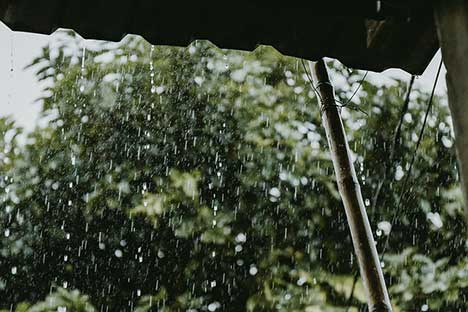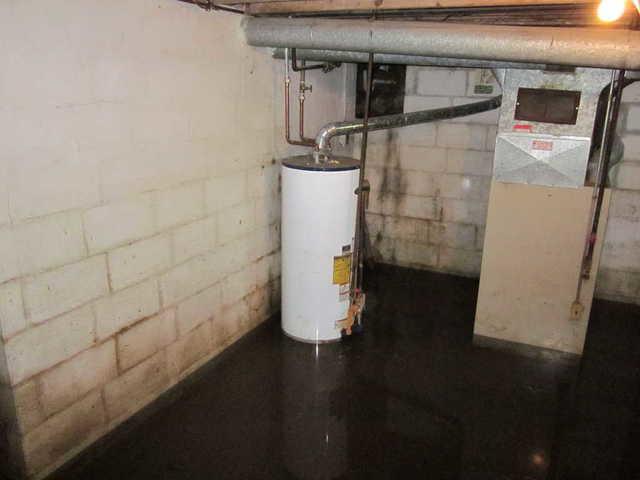Dealing with a flooded basement is a challenging and often daunting task. In Chicago, where heavy rainfall and flooding are not uncommon, it’s essential to understand the severity and potential implications of basement flooding. Beyond the immediate inconvenience, a flooded basement can lead to significant damage to property, electrical systems, and even pose health hazards due to mold growth and contaminated water.
Ensuring Safety First
The first and foremost priority in addressing a flooded basement is ensuring safety. Floodwater can be dangerous, carrying debris, bacteria, and in some cases, electrical risks. Before entering the flooded area, follow these safety precautions:
- Turn off the Electricity: If it’s safe to do so, turn off the power supply to the basement to prevent electrical hazards. Do not enter a flooded basement until you are sure that the electricity is turned off.
- Wear Protective Gear: Equip yourself with rubber gloves, boots, and a face mask to protect against contaminants and sharp objects.
- Avoid Contact with Floodwater: Floodwater can be contaminated with sewage, chemicals, and other harmful substances. Minimize direct contact with the water and do not consume anything that has come into contact with it.
Assessing the Extent of the Damage
Once safety is ensured, the next step is to assess the extent of the damage. Identify the source of the flooding—whether it be a burst plumbing pipe emergency, heavy rain, or a sewer backup. Take note of the water level and the affected area in the basement. It’s essential to document the damage with photographs and detailed notes as this will be necessary for insurance claims and repairs.
Removing the Water
Efficiently removing water from the basement is crucial to preventing further damage. Depending on the volume of water, different methods can be employed:
- Installing a Sump Pump: A sump pump can be highly effective for significant amounts of water. Ensure the pump is properly placed and functional before use.
- Wet/Dry Vacuum: For smaller amounts of water, a wet/dry vacuum can help extract water quickly.
- Manual Methods: In cases where mechanical solutions are not effective or feasible, manual methods like mopping and using towels can be employed. Always ensure proper disposal of contaminated materials.
Drying and Dehumidifying the Basement
After removing the standing water, it’s essential to thoroughly dry and dehumidify the basement to prevent mold and mildew growth. Use fans and dehumidifiers to circulate air and remove moisture. Open windows and doors if weather permits, to allow natural ventilation.
Cleaning and Sanitizing
Once the basement is dry, deep cleaning and sanitizing are necessary to remove contaminants and prevent health hazards. Use appropriate cleaning solutions to scrub floors, walls, and any affected items. Pay special attention to porous materials such as carpets and upholstered furniture as these may need professional cleaning or replacement if extensively damaged.
Conducting Structural Repairs
Flooding can compromise the structural integrity of your basement. Inspect the basement for any structural damage, such as cracks in the walls or floors, and weakened foundations. Contact professional services for a thorough inspection and necessary repairs to ensure the long-term stability and safety of your home.

Sump pumps can be a vital tool in preventing basement flooding, especially during heavy rains. Ensure your sump pump has a battery backup to function during power outages.
Implementing Preventive Measures
Preventing future basement flooding is crucial for protecting your home and ensuring peace of mind. Consider implementing these preventive measures:
- Installing a Sump Pump with Battery Backup: Sump pumps can be a vital tool in preventing basement flooding, especially during heavy rains. Ensure you have a sump pump battery backup system installed to function during power outages.
- Sealing Cracks and Gaps: Inspect your basement walls and foundation for any cracks or gaps and seal them to prevent water ingress.
- Improving Drainage: Ensure your home’s drainage system is effective. Clean gutters and downspouts regularly, and consider installing French drains or a drainage system to redirect water away from your home.
- Elevating Utilities: If possible, elevate appliances such as water heaters, furnaces, and electrical panels off the basement floor to reduce the risk of damage during flooding.
Maintaining Insurance Coverage
Having adequate insurance coverage is essential for financial protection against flooding damage. Review your homeowner’s insurance policy to ensure it covers basement flooding and understand the extent of your coverage. Consider obtaining additional flood insurance if you live in a high-risk area.
Summing It Up
Addressing a flooded basement efficiently requires a combination of immediate action, safety measures, and preventive strategies. By understanding the seriousness of flooding, ensuring safety, assessing damage, removing water efficiently, drying and sanitizing the area, conducting necessary repairs, and implementing preventive measures, Chicago residents can manage and mitigate the impact of basement flooding. Continuous maintenance and preparedness are keys to safeguarding your home against future floods.
Remember, while dealing with a flooded basement can be overwhelming, staying informed and prepared can make the process more manageable and help protect your home and family.


